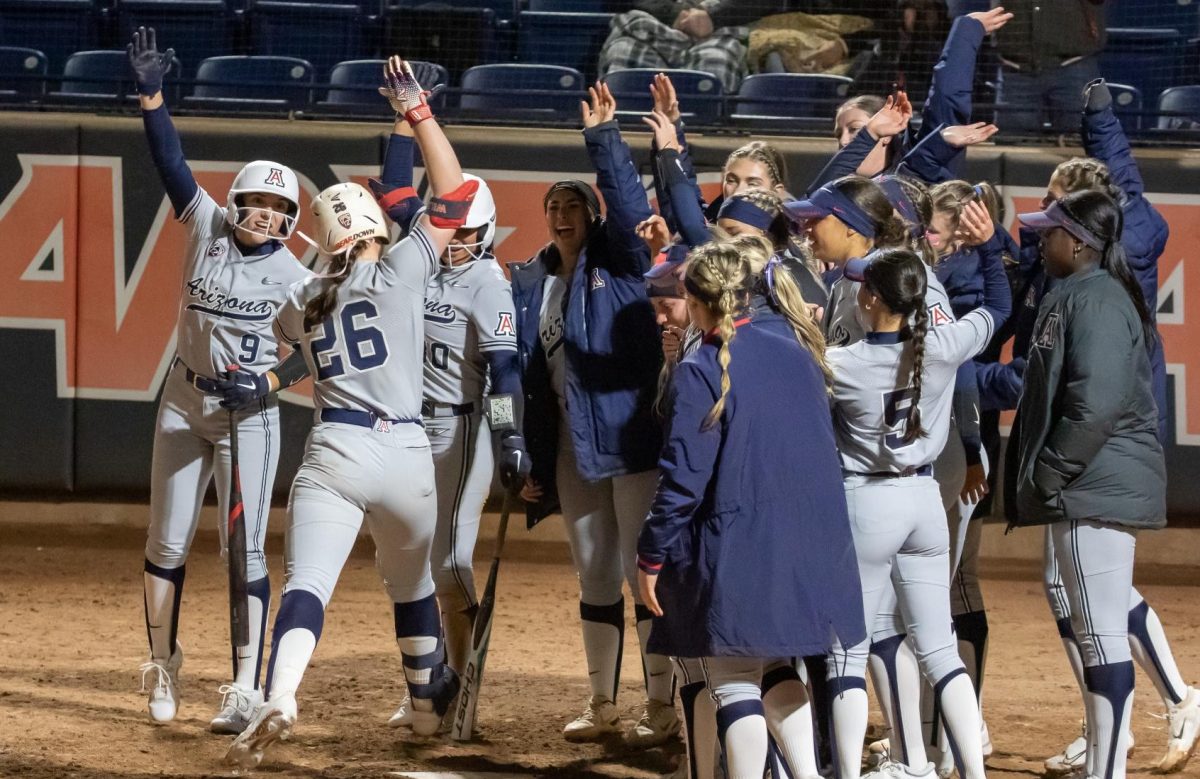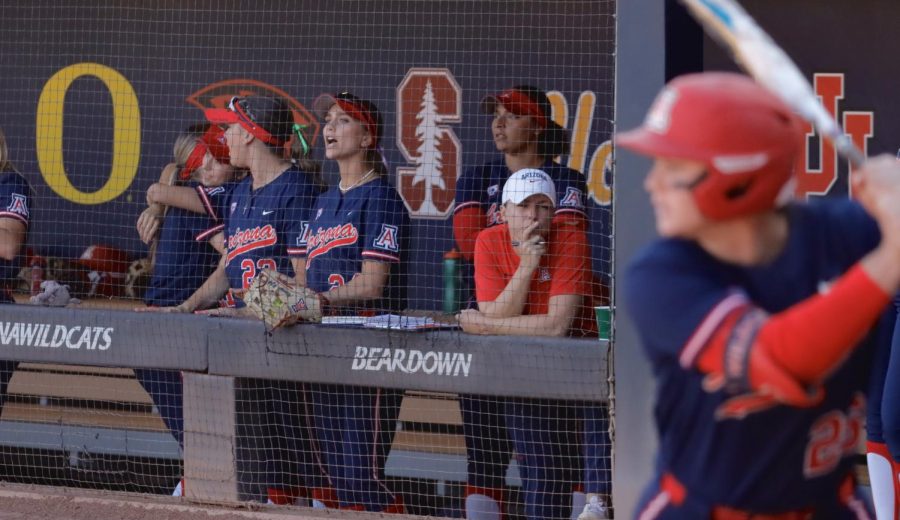MIAMI — When Nevin Shapiro pledged $150,000 to the University of Miami athletic department, he got a student-athlete lounge named after him. But the bigger perk was access to the football players he idolized, the stadium sideline, the coaches, even the team plane.
Big-time college sports rely on boosters to bankroll escalating coaches’ salaries and ever-expanding facilities, and those donors sometimes think of themselves as part-owners of the team.
Anybody who donates $30,000 or more annually becomes a member of the University Club and is promised interaction with a student-athlete, two pregame football sideline passes, travel for two on the team charter to a road game, scoreboard recognition at Sun Life Stadium, four VIP hospitality passes, and a diamond lapel pin, among other things.
That, in a nutshell, is how Shapiro, a rogue Hurricanes booster later imprisoned for a $930 million Ponzi scheme, began to infiltrate the inner sanctum of the Hurricane athletic department a decade ago.
Before long, he claims, he was a Hurricane sugar daddy, hosting players, and even some coaches, at salacious parties on his $1.5 million yacht, in his $6 million waterfront mansion, and in the VIP rooms at South Beach’s hottest clubs. He says he showered his favorite football players with fancy suits, jewelry, TV sets, cash, and prostitutes.
Shapiro is at the center of a scandal that has smeared the Miami program just when things were looking bright, rocked the campus and alumni base, and resurrected Miami Vice headlines around the country. If the allegations are true, it threatens to severely hurt — if not completely destroy — one of the nation’s most successful athletic departments.
Under the current NCAA system, is it really possible to control booster behavior and monitor athletes off-campus?
«Yes, absolutely, this kind of behavior can be controlled, but it requires hyper-vigilance and a zero-tolerance approach,» said Donna Lopiano, who spent 18 years as the athletic director for women’s sports at the University of Texas, and now runs a consulting firm that helps sports organizations solve integrity and growth challenges.








